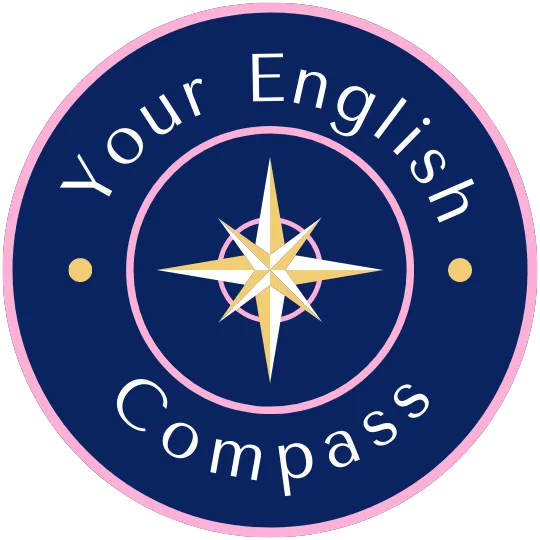On the blog, I’ve done a whole series on Writing Task 2 of late. Today, I shift gears to Writing Task 1 (WT1). Unlike WT2, Writing Task 1 differs a bit depending on which test you are taking. Don’t worry, I will address both the Academic and General Training tests in this series.
As we say in Swahili, there is only one way to eat an elephant, that's one bite at a time. Therefore, we should break down Writing Task 1 so you know what to expect.
Understanding Writing Task 1
First things first, what do you need to know about Writing Task 1?
No matter which test, academic or general training, you will have 1 hour to complete the writing section. You need to complete Writing Task 1 in 20 minutes. Keep your eye on the time!
You must write at least 150 words, but it is best not to waste time writing more than 200 words. Task 1 is worth 1/3 of your writing score. A word of warning: do not skip learning how to master Task 1 as you cannot make up for a poor score in Task 1 by getting a brilliant score in Task 2.
If you are taking your IELTS exam on paper and want to practice what 150 words in your handwriting look like, you can download a practice sheet here.
You will be assessed in four areas, each worth 25% of your score: task achievement, coherence and cohesion, lexical resource, and grammatical accuracy and range.
Remember, the most important thing you must do is show that you can effectively communicate in English.
Format of Writing Task 1
Academic: If you take the academic test, you will write a report on a data set, map, or process in Writing Task 1. In this section of the exam, you will be presented with a visual representation of data, this could be a graph, chart, table, or diagram. Your mission? To describe and interpret the information in a clear, concise manner. You will use formal language. Do NOT panic. If you are taking the academic, I will give you more information and strategies on how to address the types of data you could see in Writing Task 1.
General training: If you take the general training test, you will write a letter. However, the key is to know what the examiner is looking for. You could be asked to respond to a formal or informal prompt. Often, learners make the mistake of worrying about if something is semi-formal. Keep it simple. It is either formal or informal. And you guessed it, I will provide you with key tips and strategies to ensure you know exactly what to give the examiner.
How will you be assessed or marking criteria
You will be assessed on how well you demonstrate each of these:
Task Achievement (25%) -this is how well you answer the prompt.
Coherence and Cohesion (25%) -this is based on how well-organized your writing is and if it makes logical sense to the reader.
Lexical Resource (25%) -your vocabulary
Grammatical Range and Accuracy (25%) -your accurate and appropriate use of grammatical structures.
Because grammar and vocabulary are worth 50% of your score, I think it is best to focus on these when you are working to improve your overall writing score for Task 1 or Task 2. This does not mean you should throw all the “complex” or “high-level” grammar and vocabulary you think you know into your response. It means knowing the accurate level of vocabulary and using appropriate grammar structures.
Memorizing vocabulary lists will not help you, nor does using every grammatical tense make sense, just to tick the box. The key is to use them when necessary. Remember that your goal is to communicate clearly and effectively with your reader.
So, look at your common mistakes in these areas and correct your errors as part of your practice. When you do you will make fewer on exam day, and it will be easier to check your work when you complete each writing task.
For help improving your vocabulary, see my blog on the topic here.
For grammar assistance, you can try using free software like Grammarly to help you spot your mistakes.
Practice Makes Perfect
When practicing for Writing Task 1 you should consider that you will always use formal language in the academic test. In the general training test, you will need to pay attention to the prompt to know if you will use formal or informal language -but remember that even informal language is not how you would text a friend. Do not use contractions in formal writing in either the academic or general training.
For some practice, look at these examples with model answers:
Academic Writing Task 1 Sample
General Training Writing Task 1 Sample
Coming Up!
In the next installments of this series, we’ll take a deep dive into the academic test and general training test separately. I’ll give you the formatting strategies to use and helpful language in each to ensure you can achieve high marks.
Comment and let me know which test you are planning to take.

